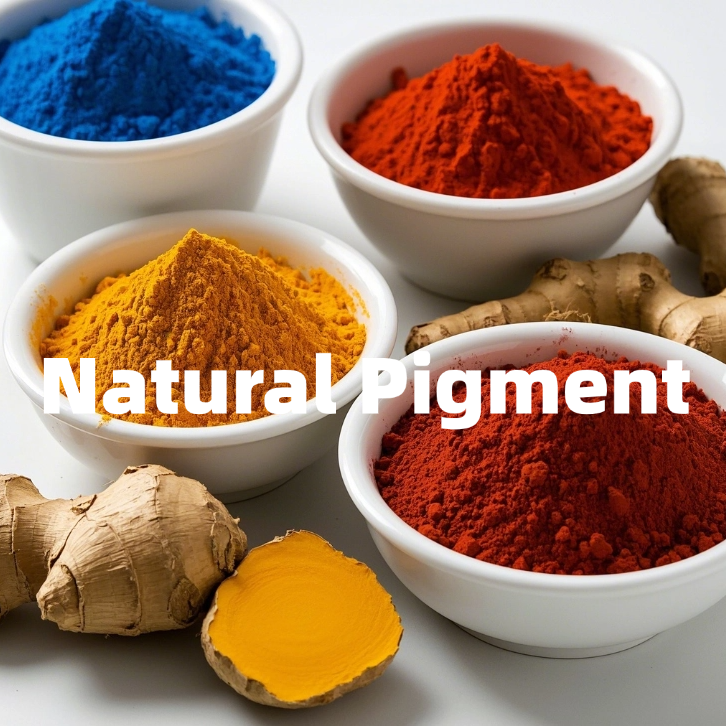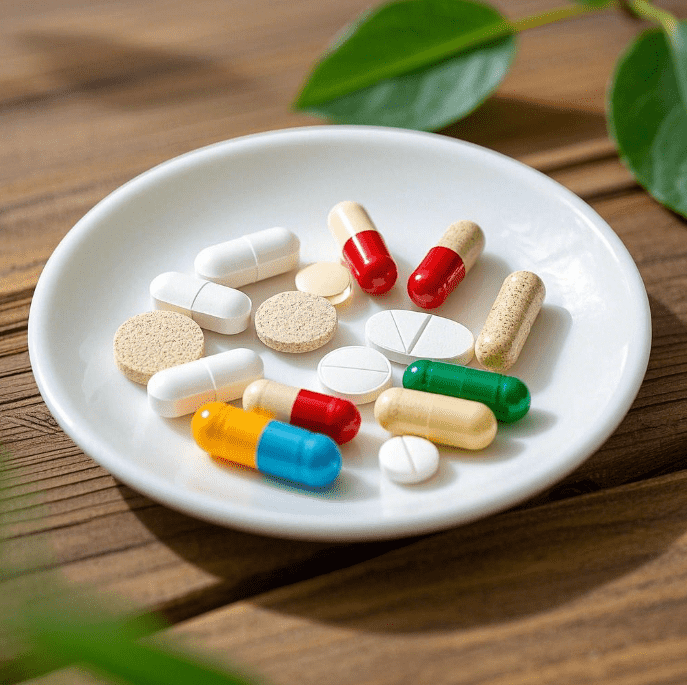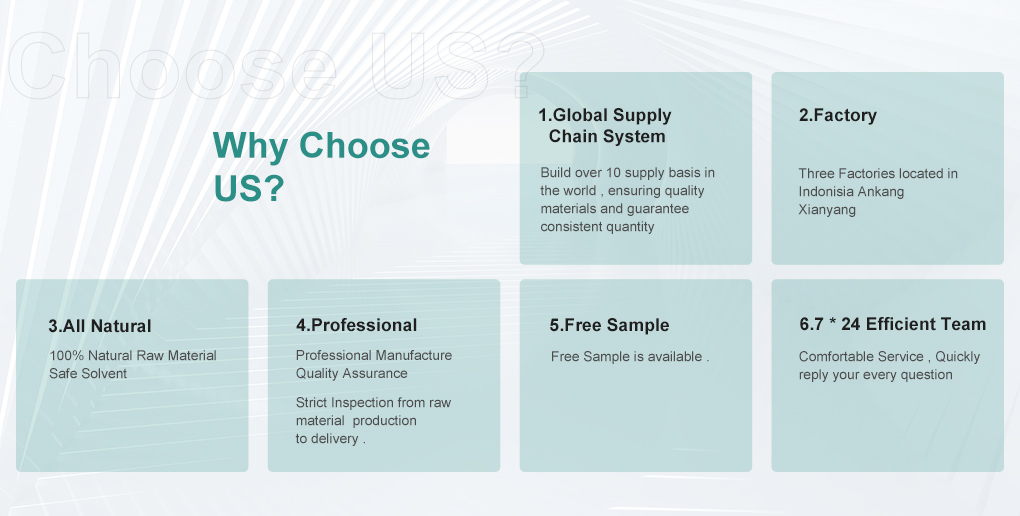In today’s health-driven marketplace, consumers are no longer satisfied with products that look good—they want products that do good. Lycopene, a natural red pigment derived primarily from ripe tomatoes, is gaining recognition for its ability to combine vibrant color with nutritional functionality. As more brands move away from synthetic dyes, lycopene has become a favored natural colorant that also contributes antioxidant support. It provides a powerful solution for brands that want to stand out not only through eye-catching appearance but also through science-backed wellness benefits. In short, it’s not just about color anymore—it’s color with a purpose.
What Is Lycopene?
Lycopene is a bright red carotenoid compound naturally found in tomatoes, watermelons, guavas, and other red fruits. It is responsible for the characteristic deep red color of these foods. Scientifically, lycopene is known for being one of the most potent antioxidants in the carotenoid family. What makes it unique is that it neutralizes harmful free radicals in the body, potentially supporting cardiovascular health, skin vitality, and immune defense. Extracted from tomatoes through safe and sustainable processes, lycopene is available in oil-soluble and water-dispersible formats, making it easy to incorporate into various product types. Its dual function as both a colorant and a health enhancer is what gives it growing importance in natural product development.
A Natural Alternative to Synthetic Dyes
As consumer awareness grows regarding artificial additives, there is a strong industry shift toward plant-based, recognizable ingredients—and lycopene is leading that change in the red color category. Unlike synthetic colorants like Red 40 or carmine (which may have safety concerns or animal-derived origins), lycopene is completely plant-derived and suitable for clean-label products.
It offers a vivid, stable red hue that resists light and heat degradation better than many other natural options, making it ideal for use in functional beverages, dairy products, confectionery, sauces, and supplements. As more regulatory bodies tighten restrictions on synthetic colorants, lycopene has become a safe and reliable natural choice for food and health product formulators.

Function Meets Aesthetics

What sets lycopene apart from most natural colorants is that it doesn’t just enhance the appearance of a product—it also enhances its functionality. Lycopene is a strong antioxidant that helps the body fight oxidative stress, which plays a role in aging and many chronic conditions.
This means that products formulated with lycopene can also support anti-aging, heart health, and skin protection messaging. When used in supplements, gummies, health drinks, or beauty-from-within products, lycopene delivers more than just visual appeal—it adds perceived value and health-related credibility to the product. It aligns perfectly with modern consumers’ expectations for multi-functional ingredients that deliver visible and internal benefits.
Rising Demand in the Clean Label Era
Today’s shoppers are label-savvy—they read ingredient lists and research what goes into their food and supplements. They want simple, natural, and non-GMO ingredients that align with their lifestyle and values. Lycopene checks all these boxes. Its botanical origin, clean production, and transparent functionality make it the perfect fit for the clean label movement.
As companies strive to build consumer trust and meet regulatory standards, many are reformulating to eliminate artificial dyes and turn to safe, plant-based alternatives like lycopene. It adds not just color and health benefits, but also storytelling power—a naturally red ingredient that consumers instantly recognize and trust.
About Ruiwo:


contact us:
Address:Room 703, Ketai Building, No. 808, Cuihua South Road, Xi’an, Shaanxi, China
E-mail: info@ruiwophytochem.com
Phone: 008613484919413 0086-29-89860070
Hours: Monday-Friday: 9am to 6pm
Post time: Jun-09-2025





